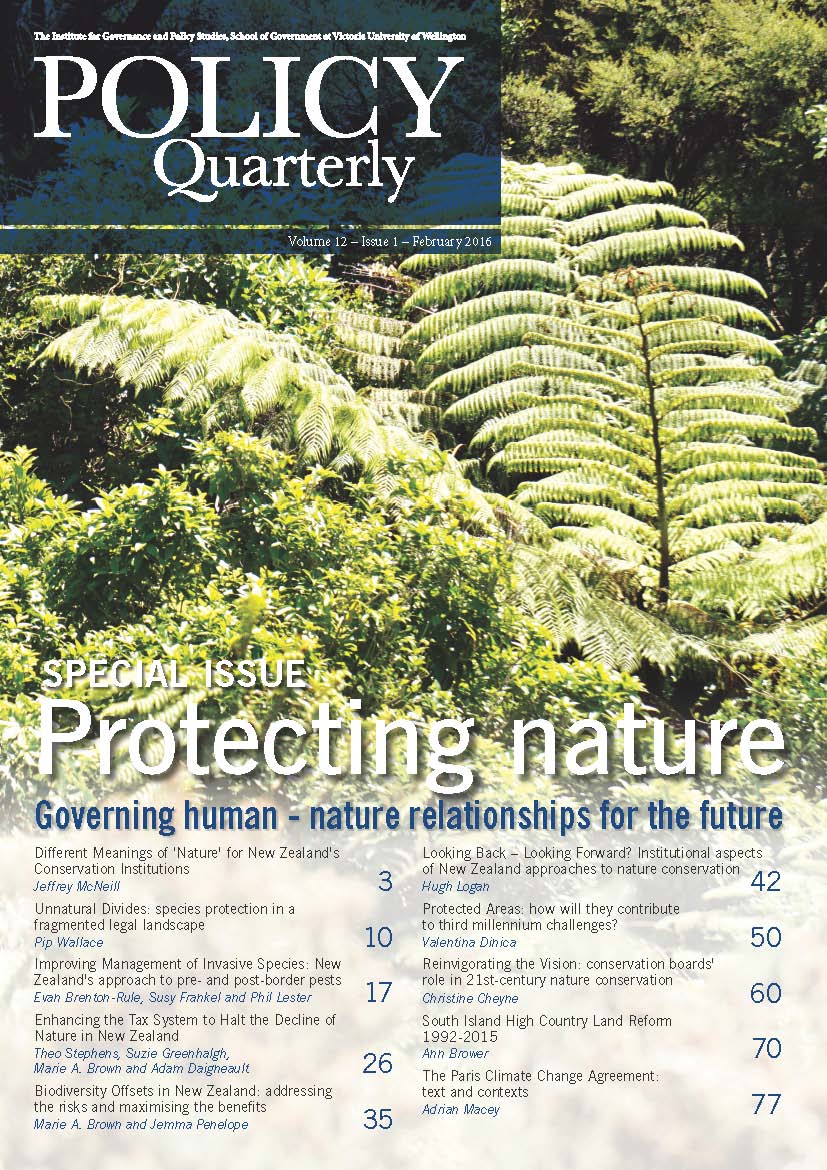The Paris Climate Change Agreement: text and contexts
DOI:
https://doi.org/10.26686/pq.v12i1.4576Keywords:
universal climate change agreement, Conference of the Parties (COP21), United Nations Framework Convention on Climate Change (UNFCCC), Kyoto Protocol, universal core mitigation, ‘CBDR’ (common but differentiated responsibilities and respective capabilities), Intergovernmental Panel on Climate Change (IPCC), INDC (intended nationally determined contribution)Abstract
When French foreign minister Laurent Fabius brought down the gavel on the Paris Agreement on 12 December 2015, the international community reached a goal that had eluded it for six years: an updated and universal climate change agreement. It owed much to France’s diplomacy over the preceding 12 months, together with efficient, firm and innovative handling of the conference itself. Fundamental to the success of the Conference of the Parties (COP21) was the commitment at all levels from President Hollande down to engage with the broadest range of parties and non-state actors. The fruits of France’s engagement were nowhere more apparent than in the small island states’ comment in the final plenary that this was the first time they felt they had been listened to at a COP.
Downloads
Downloads
Published
Issue
Section
License
Permission: In the interest of promoting debate and wider dissemination, the IGPS encourages use of all or part of the articles appearing in PQ, where there is no element of commercial gain. Appropriate acknowledgement of both author and source should be made in all cases. Please direct requests for permission to reprint articles from this publication to Policy-Quarterly@vuw.ac.nz.



